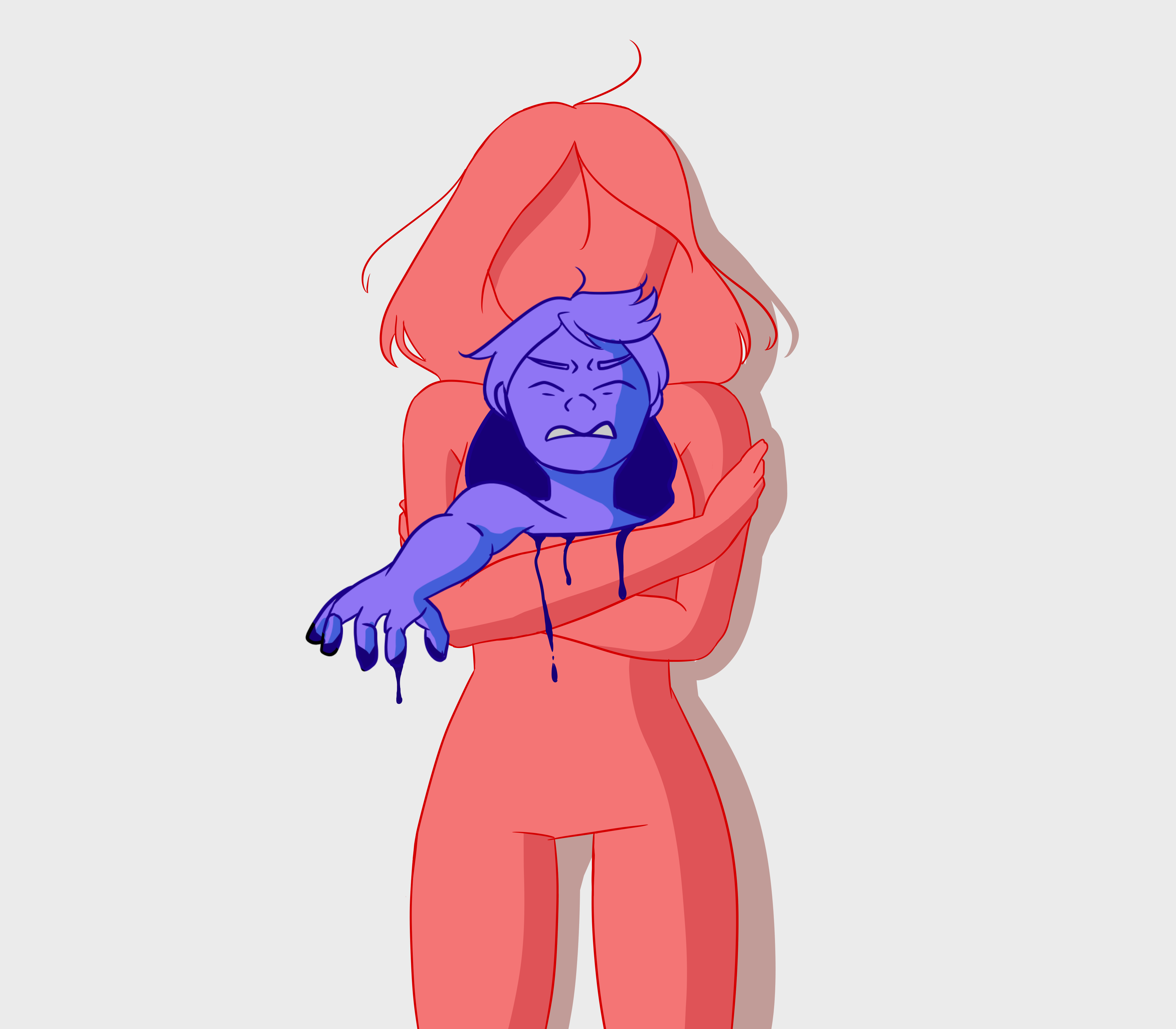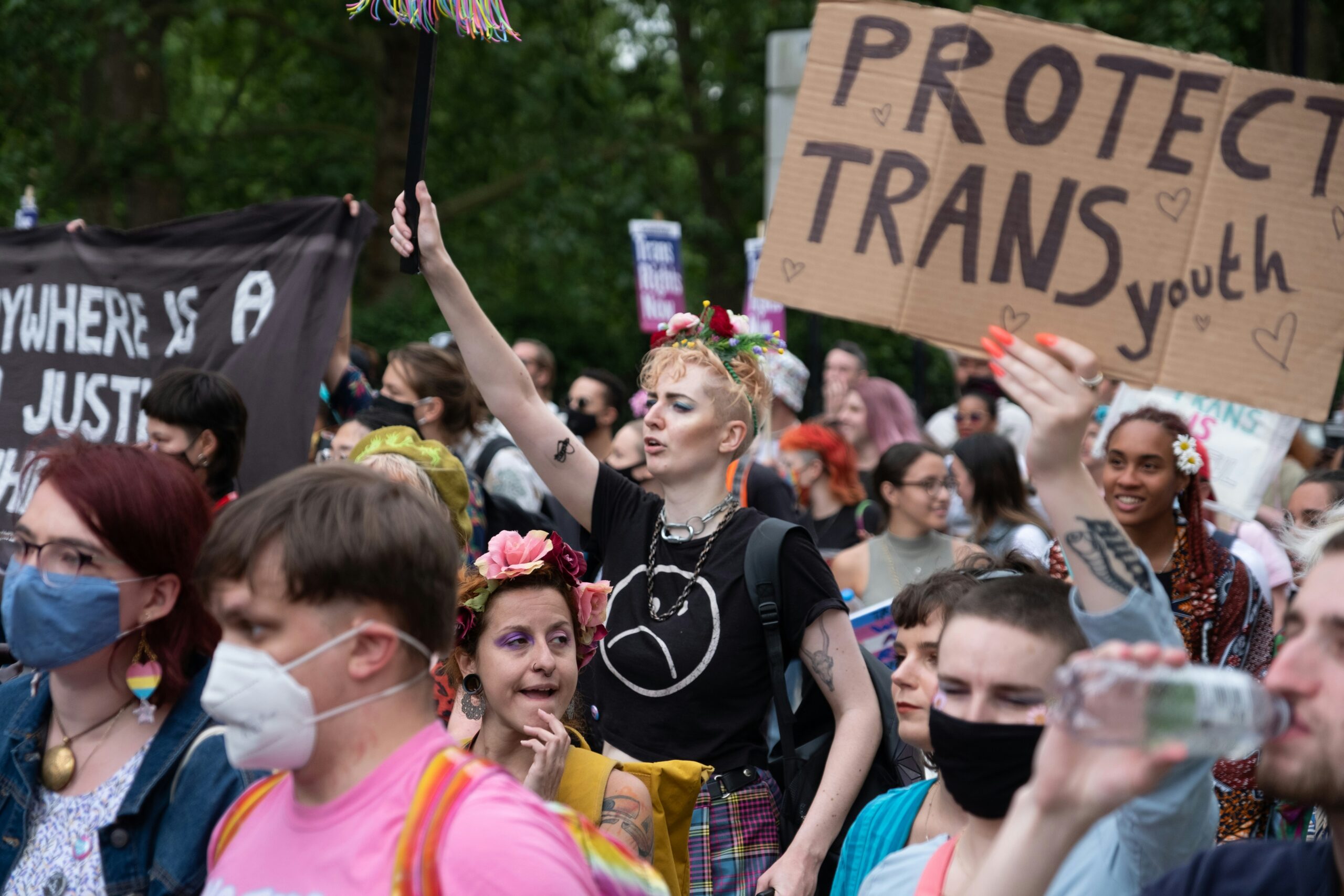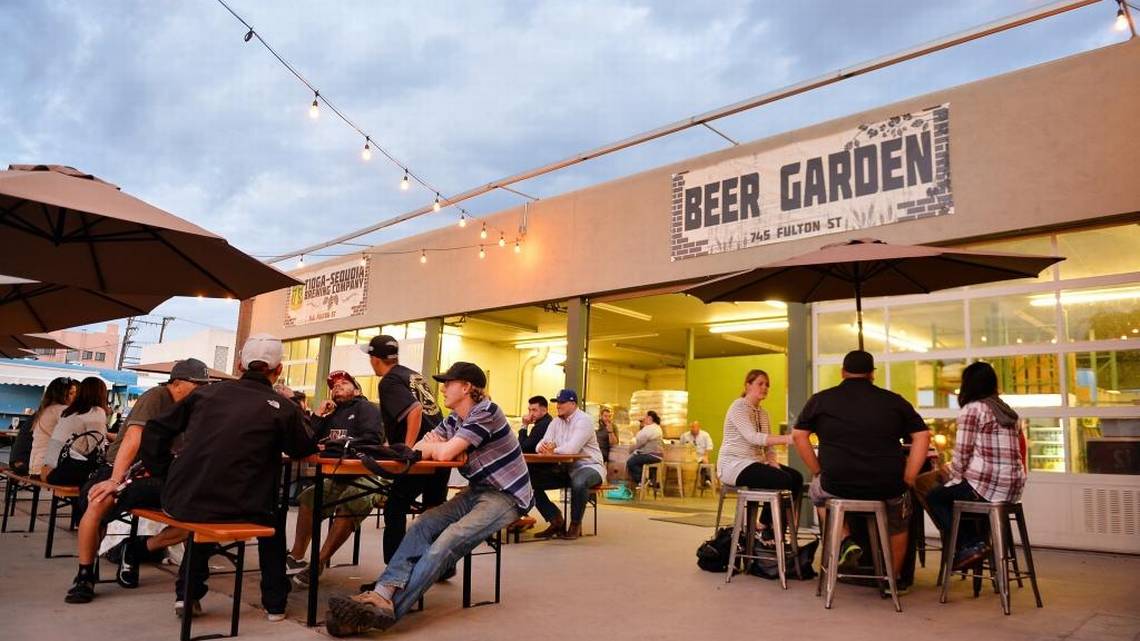Editor’s Note: Below you will find the winning entry “Dysphoric”, written by Edison High student Ryan Orme as a part of the inaugural Sherley Anne Williams & Lawson Fusao Inada Writing Contest. Find out more about the contest here.

Dysphoria (noun)
: A state of feeling very unhappy, uneasy, or dissatisfied
– Merriam-Webster dictionary
Given this definition of the word dysphoria, it doesn’t require much mental gymnastics to infer that the term “gender dysphoria” refers to, simply, feelings of unhappiness, unease, or dissatisfaction relating to one’s gender. The American Psychiatric Association explains gender dysphoria as involving a conflict between a person’s biological (assigned) sex and their gender, found in transgender people.
Gender dysphoria is something I, as a transgender boy, have been experiencing every day (with varied intensity) for the past year and a half. Some people have known what this conflict has felt like for much longer than I have, and others are lucky enough that they will never know.
My name is Ryan Orme. I’m 15 years old and my pronouns are he/him/his.
This is what gender dysphoria feels like to me.
I – Denial
You can’t really be like that. You’ve lived by these rules in this body for so long – you question your thoughts and feelings constantly. You pore over articles published in scientific journals on the rate of transgender people detransitioning, regretting coming out. You tell yourself that this is all because you’re not sleeping enough. Because you’re stressed. Because you want attention. Because you’ve been snappy and sad and tired all the time; maybe it’s a side effect of depression. You’re not who you know you are – you’re just fucked up.
II – Anger
You’re definitely like that. You’re sick of living by these rules in this body for so long – you feel it in your bones. You scream into your pillows, claw at your chest and too-wide hips and too-soft thighs, waist, jawline. You can’t look down in the shower and your insides twist into knots when you see your reflection. Something inside you fractures anytime someone calls you “she,” “her,” “miss,” “young lady.” You’re being broken down, slowly. You’re not an aggressive person, but you wish you were strong enough to break the jaws of each person that sees you as someone you’re not. To shatter every mirror in your house and tear off your skin because it doesn’t fit right.
III – Bargaining
You’re like this. You’re desperate to stop living by these rules, stuck in this body. Maybe if you talk about how bad it is, you’ll be able to transition sooner (you won’t). Maybe if you’d realized who you are sooner, this would be easier (it wouldn’t). Maybe if you push it down, it will go away (it won’t). If you had just been born the way you’re supposed to be, none of this would have happened (but it might’ve).
IV – Depression
You’re like this, and sometimes you wish you were dead. You’re tired of living by these rules, trapped in this thing. No one will ever see you for who you are or take you seriously. You’re never really going to be in the right body or act the right way, even if you change yourself with hormones and surgery and a new personality. You cry in the shower and at the kitchen sink. You sit in bed when you should be doing homework and stop talking in class. You walk around campus, earbuds in, instead of hanging out with your friends. You’re either screaming inside or completely empty. You’ll be stuck like this until you die – forced into a container that doesn’t fit right, a round peg in a square hole. You’re fucked up and it’s never getting better, so what’s the point?
V – Acceptance
You’re like this; it’s just reality. It’s painful and frustrating and exhausting, but it’s part of you. You’re never going to be in the right body. People may not ever see you as just a person – the label might always come first. You didn’t grow up like any of the other guys. You like writing and music and art – you have no interest in playing basketball or going out for track. You have fairy lights strung up in your room and only wear women’s pants because men’s pants weren’t made for people with hips.
You were, simply put, born wrong.
It’s just reality. And it’s okay.
Gender dysphoria, to me, is grief. It’s mourning the loss of the body I was born without, the childhood I never had, and the person I’m not. It’s denial and anger and bargaining and depression and acceptance in every fathomable order. It’s a vicious cycle that can take months or weeks or a day, and then start all over again. Some days it’s like a rock in my shoe or a scratchy tag on a new shirt, barely noticeable, and other days it’s like a bullet wound. Mirrors have become my worst enemy, and hearing my birth name makes me nauseous. I had a nightmare a few weeks ago that I got outed at school and beat up.
Some days, it’s all I can do to go through the motions and remember that I’ll be okay eventually. With luck, I’ll be able to start taking testosterone in senior year and go through puberty a second time, four or five years after everyone else. It probably sounds like hell to most people, but to me it sounds like salvation. Like safety. And I’ll get there someday.
by Ryan Orme


